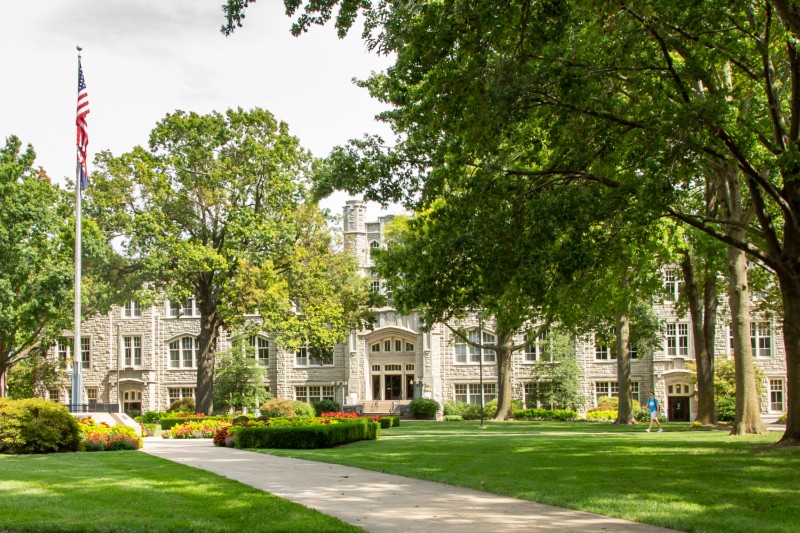By Alex Wilson,
July 1, 2021

WARRENSBURG, MO – In a category that considered the quality of Master of Behavioral
Psychology programs at colleges and universities across the country, the University
of Central Missouri’s Master of Science in Behavior Analysis program was ranked first by Intelligent.com. The ranking placed UCM above 49 other Master in Behavioral Psychology degree programs
that were ranked by Intelligent.com.
The methodology behind the rankings included evaluating each program on five factors: program strength, student readiness,
return on investment, cost and student engagement. A total of 182 universities and
colleges were examined and more than 355 programs were compared in the ranking. The
MS in Behavior Analysis at UCM was ranked above all other programs.
The MS in Behavior Analysis, a program in the School of Nutrition, Kinesiology and
Psychological Sciences, is accredited by the Association for Behavior Analysis International.
Students enrolled in the program can expect to learn from Board Certified Behavior
Analysts and seasoned research scholars while being engaged in a hands-on, yet flexible,
synchronized online education model.
“It is important to see that independent evaluators arrive at the same conclusion
as students. UCM is the place to go for a Master of Science in Behavior Analysis,”
said Duane Lundervold, program coordinator and professor of psychological science.
The program provides two program options: behavioral analysis and therapy or applied
behavior analysis and autism spectrum disorder (ASD). It is a 36-42 credit hour program
that offers students opportunities such as supervised clinical hours and eligibility
to take the Board-Certified Behavior Analyst (BCBA) exam.
The MS in Behavior Analysis has been a historically successful program that continues
to host many outstanding students, some of whom are getting recognition while in the
program. Among them is graduate student Amy Weisser, who in February 2021 received
a $1,000 scholarship from the Minnesota Autism Recovery Foundation, a financial award
presented to promising students enrolled in behavioral analysis programs.
“I received the Autism Recovery Foundation scholarship for being in a graduate program
while working with children with ASD. This scholarship is given to BCBA candidates
who are providing services to children with ASD in rural areas where they have limited
access to BCBAs,” Weisser said, “While attending graduate school at UCM, I have continued
providing service to children with ASD in schools in rural Central Minnesota. This
scholarship has helped me continue to work while taking some of the burdens of grad
school tuition off my plate.”
For more information, contact Lundervold at lundervold@ucmo.edu or visit the program website.